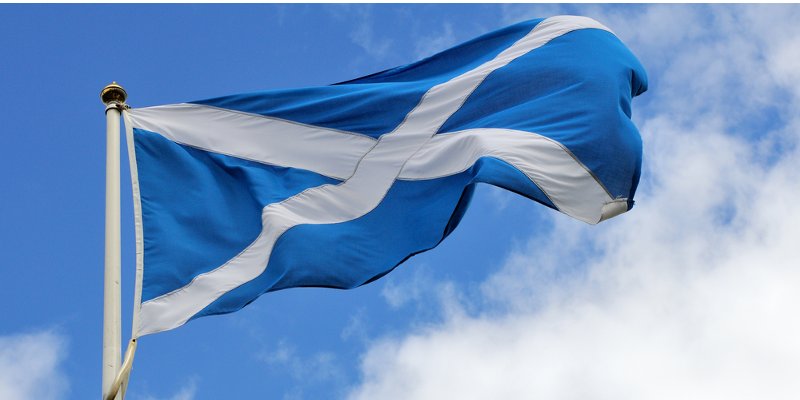If the UK goes to the polls, the clamour for a second referendum in Scotland will only become louder

Eric Curran is managing partner of DM Hall Chartered Surveyors, based in the firm's Glasgow North office.
Stability in the property market is becoming something of a Holy Grail, universally sought but continually elusive. And the likelihood of the UK stumbling across it in the immediate future appears increasingly remote.
The concatenation of drivers of instability which has emerged over the course of 2016 would have been almost unimaginable at the beginning of the year. Brexit, according to the pundits, was not going to happen. The US election was Hillary's to lose. And the Italians were never expected to deliver another slap to the EU.
But all these things came to pass and the shock waves will continue to reverberate through the market for some time to come.
It is a fact of life that the property market in the UK is now essentially just one component of a much wider global property market, with money sloshing in from increasingly unexpected quarters of the world.
Which means that if, as all the indicators suggest, the US in February moves towards a more insular economy with protectionist and retributive instincts, the ramifications will be felt on this side of the pond as well. Trade agreements which could pour oil on troubled waters are some way off.
More locally, in the unlikely event that the UK government wins its Supreme Court appeal over who decides on the implementation of Article 50 – the mechanism for leaving the EU– the risk of a General Election in 2017 will recede. For the moment.
But if Their Lordships rule that parliament must have the final say then an election next year becomes almost inevitable, despite the stated wishes of the Prime Minister to hold off under the Five-Year Act until 2020.
If the UK goes to the polls, the clamour for a second referendum in Scotland will only become louder, leading to exactly the kind of uncertainty which has hobbled this country's property market for the last several years.
Even if the Westminster government's Brexit game plan plays out as it is envisaged – or as we have to hope someone is envisaging it – and Article 50 is triggered in March 2017, the uncertainty will be increased rather than lessened.
The stock market also abhors instability and fluctuations are likely to affect not only confidence but people's pensions and other underlying investments. Retail price inflation is likely to become an ever more important factor.
In Scotland, the residential market continues to be dogged by lack of supply and lack of choice - a situation in which even people who want to break the log jam by moving do not see anywhere attractive enough to move to.
The upper end of the market is not being helped by the Land and Buildings Transaction Tax, which saw residential revenue falling some £39m short of January 2016 expectations – a classic example of the Laffer Curve and the decline of returns beyond a peak tax rate.
There are further clouds ahead for Scotland's higher earners in April 2017 when the Holyrood government flexes its new tax-raising powers for the first time, and the indications are that the UK's top rate band alleviation will not be passed on here.
Redistribution of wealth as a concept has respectable economic and political underpinnings, but it is unrealistic in the context of Scotland to assume that the few will continue to pay for the many. There simply is not enough cash to go around.
And one of the clear messages to come out of 2016 is that people as a whole are starting to develop a taste for upsetting the established order. Instability may be on the way to becoming the new normal.
There is a pressing need in Scotland – regardless of the noises off from world events – to get back to a realisation at the highest levels that the economy has to grow and create revenue before we can start to think about all the other things that need to be addressed.
A situation where everyone is able to contribute, where everyone feels valued and where opportunities are not stifled at birth by continuing instability. Now that really would be a Holy Grail.



